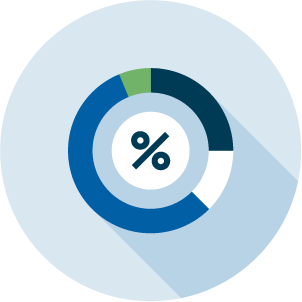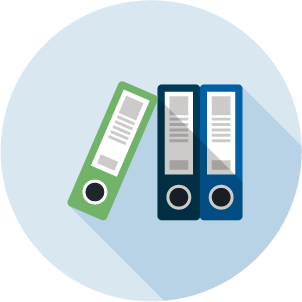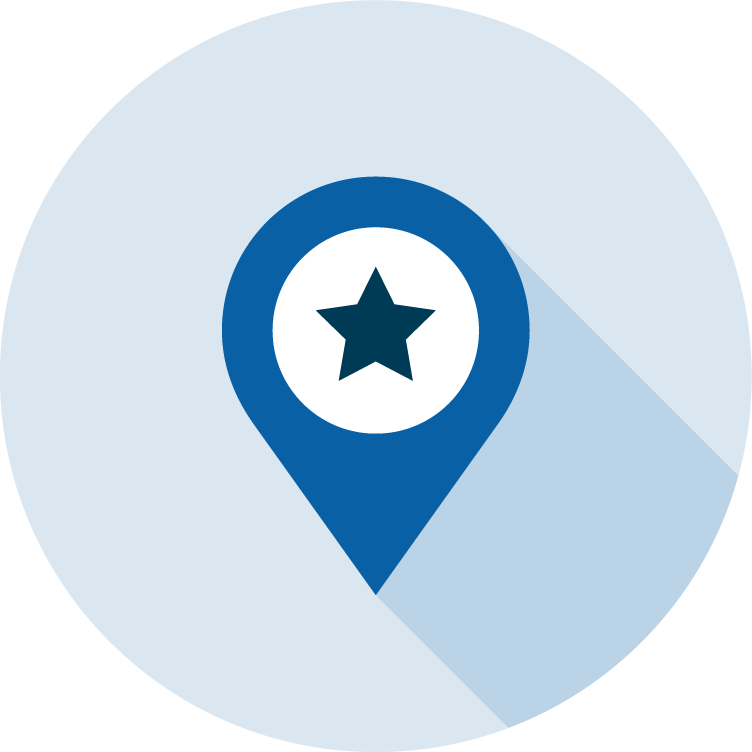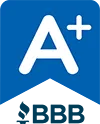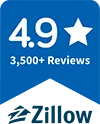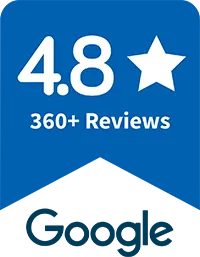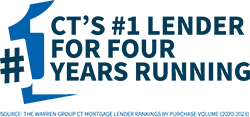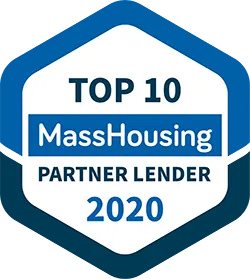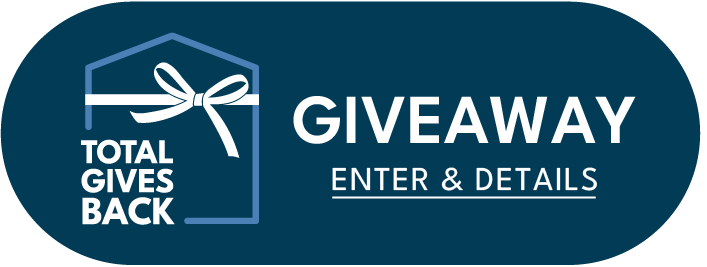

Gastonia, NC Mortgage Rates today
North Carolina's appeal for homebuyers lies in its diverse landscapes, from stunning beaches to picturesque mountains. It offers a thriving job market, renowned universities, and a warm community atmosphere. When considering a home in North Carolina, remember to compare our current rates to secure an affordable mortgage that suits your needs.
If you have any questions about securing the best mortgage rates in North Carolina, please contact us today. We are here to assist you in finding the mortgage rates that best suit your needs.
Compare today's mortgage rates for Gastonia, NC
Prequalify chevron_right
5.875%
6.638% APR
$3,014/mo
infoPrequalify chevron_right
6.750%
7.229% APR
$2,335/mo
infoPrequalify chevron_right
6.125%
7.165% APR
$2,375/mo
infoPrequalify chevron_right
6.500%
7.268% APR
$2,275/mo
infoPrequalify chevron_right
6.000%
6.639% APR
$2,185/mo
infoLatest revision - April 23 2025 4:30pm EST.
We update the table twice every day with the current mortgage rates.
we’re right around the corner
We have branches across the country. Check to see if we’re in your neighborhood.
North Carolina first-time homebuyer loan programs
NCHFA NC Home Advantage Mortgage
The NCHFA's NC Home Advantage Mortgage rewards initial homebuyers and those presently engaged in property ownership. The NC programs for first-time home buyers define a first-time homebuyer as somebody who has yet to own a residence within the previous three years. This project presents a fixed-rate home loan, furnishing adaptability with choices including conventional, FHA, VA, or USDA loans.
To qualify for this first-time home buyer North Carolina program, particular standards must be fulfilled:
- Your maximum yearly profit is $134,000. Your credit score is at least 640.
- Your liability-to-income (DTI) percentage does not pass 43 percent.
- You plan to buy a solo-family house, townhouse, flat, semi-detached house (for FHA loans only), or a new manufactured house (for FHA, VA, or USDA loans only, requiring the lowest credit score 660).
North Carolina down payment assistance
NCHFA provides significant financial assistance for select home buyers in North Carolina. First-time purchasers, veterans, and those in designated priority areas can receive $15,000 toward their down payment through the NC 1st Home Advantage Down Payment program. Unlike a traditional second mortgage, this NC down payment assistance will be entirely excused if the recipient remains in the home for fifteen years. To qualify, an individual must secure an NC Home Advantage Mortgage and satisfy the criteria for that particular program. Simultaneously, different groups of citizens have distinct opportunities for aid that facilitate achieving the dream of property ownership.
Other first-time homebuyer loan programs
An NC first-time home buyer and a veteran can utilize North Carolina's Home Advantage Mortgage program alongside the state's mortgage credit certificate initiative, known as the NC Home Advantage Tax Credit. The latter permits homeowners to claim a federal tax credit equaling 30% of annual mortgage interest for existing home purchases or 50% for new construction acquisitions, with the credit capped at $2,000 per year yet renewable for as long the property remains the primary residence. However, those combining these incentives must ensure the subject property complies with specific eligibility parameters only applicable under such a joint arrangement.
Considerable advantages exist for utilizing these NC down payment assistance programs in unison, though certain housing types may not qualify for the pairing depending on their characteristics.
FHA Loans
Federal Housing Administration loans provide a feasible path for those with moderate credit or limited savings, requiring merely a 3.5 percent down payment and accepting credit scores as low as 580.
VA Loans
Veterans Affairs home loans are an exceptional opportunity for those who have served, allowing the purchase of a primary residence without a down payment in recognition of their sacrifice.
USDA Loans
United States Department of Agriculture loans focus on increasing housing availability in rural regions, exempting the down payment requirement but typically demanding strong credit for those seeking the benefit within eligible areas.
Good Neighbor Next Door program
An affordable portion covering half the median property valuation paired with the HUD Good Neighbor, Next Door initiative is a mutually beneficial union. Singularly, it permits public servants, educators, and emergency responders to live amidst the locales wherein they dedicate their workdays.
Inclusion of a program on this website does not constitute an endorsement by Total Mortgage and does not guarantee your eligibility or approval for the program.
*Terms and Conditions Apply. For complete details click here.
Check out our other locations
Alabama , Arizona , Arkansas , California , Colorado , Connecticut , Delaware , District of Columbia , Florida , Georgia , Illinois , Indiana , Iowa , Kansas , Kentucky , Louisiana , Maine , Montana , Nebraska , Nevada , New Hampshire , New Jersey , New Mexico , New York , North Carolina , North Dakota , Ohio , Oklahoma , Oregon , Maryland , Massachusetts , Michigan , Minnesota , Mississippi , Pennsylvania , Rhode Island , South Carolina , South Dakota , Tennessee , Texas , Vermont , Virginia , Washington , West Virginia , Wisconsin , Wyoming , GuamCurrent Mortgage Rates By City
Mortgage rates are volatile and subject to change without notice. All rates shown are for 30-day rate locks with two and a half points for a single family owner-occupied primary residence with 750 or higher FICO and 80 LTV over a 30-year loan term except where otherwise noted and are subject to mortgage approval with full documentation of income. The APR for a 30-year and 15-year conventional fixed-rate mortgage loans are calculated using a loan amount of $360,000, two and a half points, a $495 application fee, $450 appraisal fee, $1,195 underwriting fee, a $10 flood certification fee, and a $82 credit report fee.* 15-year conventional mortgage rates are calculated with a 15-year loan term.* The APR for jumbo mortgage rates is calculated using a loan amount of $500,000, two and a half points, a $495 application fee, $450 appraisal fee, $1,195 underwriting fee, $10 flood certification fee, and a $82 credit report fee.* The APR for FHA mortgage rates is calculated using a loan amount of $360,000, two and a half points, a $495 application fee, $450 appraisal fee, $1,195 underwriting fee, $10 flood certification fee, and a $82 credit report fee. Some rates and fees may vary by state.* The APR for adjustable rate mortgages (ARMs) is calculated using a loan amount of $360,000, two and a half points, a $495 application fee, $450 appraisal fee, $1,195 underwriting fee, $10 flood certification fee and a $82 credit report fee. Some rates and fees may vary by state. Products are subject to availability on a state-by-state basis. By refinancing your existing loan, your total finance charge may be higher over the life of the loan.

